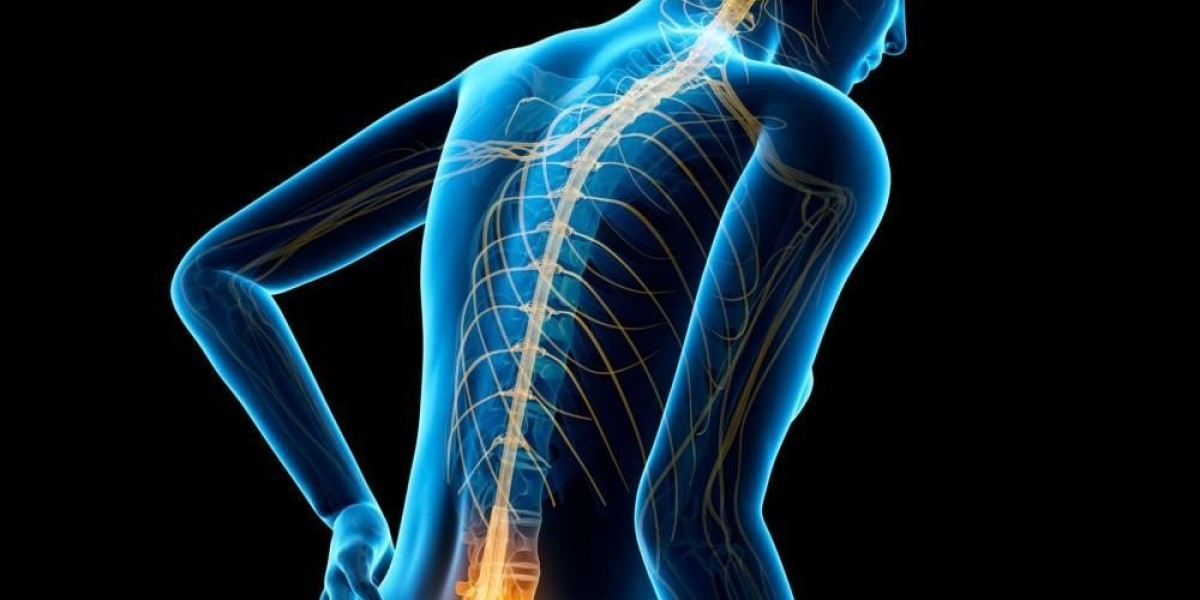Understanding the Link Between Spinal Injuries and Mental Health
How Physical Trauma Triggers Psychological Struggles
A spinal cord injury (SCI) doesn't just affect the body—it profoundly impacts the mind. The sudden loss of mobility or independence can lead to a cascade of emotional challenges. Feelings of grief, frustration, and helplessness are common as individuals adjust to their new reality. This psychological toll often requires as much attention as the physical injury itself.
Common Mental Health Conditions After a Spinal Injury
Research indicates that adults living with spinal cord injuries have a significantly increased risk—nearly 80%—of developing psychological conditions such as depression and anxiety . Post-traumatic stress disorder (PTSD) is also prevalent, stemming from the trauma of the injury or subsequent medical experiences. Emotional distress can manifest in various ways, including mood swings, sleep disturbances, and social withdrawal.
Real-Life Challenges Faced by Spinal Injury Survivors
Losing Independence and Daily Functionality
The aftermath of an SCI often includes a loss of independence. Tasks once taken for granted—like dressing, cooking, or driving—may become insurmountable without assistance. This dependency can erode self-esteem and contribute to feelings of inadequacy.
Barriers to Employment and Financial Stress
Returning to work post-injury is fraught with obstacles. Physical limitations, workplace accessibility issues, and employer biases can hinder re-employment. Consequently, financial strain becomes a pressing concern, exacerbating stress and anxiety levels.
Relationship Strain and Social Isolation
SCI survivors often experience shifts in their personal relationships. Partners may struggle with new caregiving roles, and friends might distance themselves due to discomfort or uncertainty. This social isolation can deepen feelings of loneliness and depression.
The Role of NHS, GPs, and Rehabilitation Services – Gaps in Care
Delays in Diagnosis or Psychological Support
Timely mental health support is crucial after an SCI. However, delays in diagnosis or referrals to psychological services are common. Such postponements can lead to worsening mental health conditions, making recovery more challenging.
Poor Communication Between Specialists
Effective rehabilitation requires coordinated care among various healthcare providers. Unfortunately, communication breakdowns between specialists can result in fragmented treatment plans, leaving patients without comprehensive support.
When You’re Discharged Without Mental Health Help
Discharge from hospital care doesn't always equate to readiness for independent living. Without proper mental health follow-up, patients may feel abandoned, increasing the risk of psychological decline.
When Mental Health Support Falls Short – Can You Claim?
NHS Negligence or Inadequate Aftercare
If the NHS fails to provide adequate mental health support post-SCI, it may constitute negligence. Patients can pursue claims if they can demonstrate that this lack of care directly worsened their psychological well-being.
Mismanagement by GPs or Rehab Teams
General practitioners and rehabilitation teams play pivotal roles in post-injury care. Mismanagement—such as incorrect treatment plans or failure to refer to mental health services—can have detrimental effects, potentially opening avenues for legal recourse.
Psychological Harm Due to Delayed Intervention
Delayed psychological intervention can exacerbate mental health issues. If such delays are due to systemic failures or oversight, affected individuals may be entitled to compensation for the additional harm suffered.
Legal Options for Psychological Harm Caused by Spinal Injuries
Compensation for Mental Health Impact – What’s Covered?
Compensation claims can cover various aspects, including pain and suffering, loss of earnings, and costs for psychological treatments. The severity of the mental health impact and its effect on daily life are key factors in determining compensation amounts.
Claiming for Ongoing Therapy, Counselling, and Medication
Ongoing mental health care is often necessary after an SCI. Legal claims can include provisions for long-term therapy, counselling sessions, and necessary medications, ensuring sustained support for the individual.
Holding Institutions Accountable for Mental Health Failures
When institutions like the NHS or rehabilitation centres fail in their duty of care, legal action can serve as a means to hold them accountable. Such claims not only seek compensation but also aim to prompt systemic changes to prevent future lapses.
Involvement of Schools, Sports Federations & Employers – Who’s Responsible?
When Safeguarding Is Ignored in Sports Injuries
Sports organisations have a duty to implement proper safeguarding measures. Negligence in this area, leading to injuries and subsequent mental health issues, can be grounds for legal claims against the responsible bodies.
How Schools or Workplaces May Contribute to Psychological Decline
Educational institutions and workplaces must accommodate individuals with SCIs. Failure to provide necessary support or making discriminatory decisions can contribute to psychological distress, potentially resulting in legal accountability.
Making a Claim When Mental Health Is Compromised by Negligence
If negligence by any organisation exacerbates mental health issues post-SCI, affected individuals have the right to seek compensation. Documenting the negligence and its impact is crucial in building a strong case.
Legal Support Services We Provide at Farani Taylor
Free Case Assessment & Guidance on Complex Claims
At Farani Taylor, we offer complimentary case assessments to evaluate the merits of your claim. Our experts provide clear guidance on navigating complex legal landscapes related to SCIs and mental health.
Access to Medical Experts, Psychologists & Rehab Teams
We collaborate with a network of medical professionals, psychologists, and rehabilitation specialists to ensure comprehensive support for our clients, both legally and medically.
No Win, No Fee Spinal Injury Claims – Including Mental Health Support
Our 'No Win, No Fee' arrangement ensures that you can pursue justice without financial risk. We are committed to securing the compensation you deserve for both physical and psychological injuries.
Practical Steps for Those Suffering Emotionally After a Spinal Injury
When to Seek Legal Advice for Emotional Distress
If you're experiencing emotional distress post-SCI and believe it stems from negligence, it's advisable to consult a legal professional promptly. Early intervention can be critical in building a successful claim.
Gathering Evidence – Medical Records, Therapy Reports, Witnesses
Collecting comprehensive evidence is vital. This includes medical records, therapy notes, and statements from witnesses who can attest to the negligence and its impact on your mental health.
Time Limits and Key Deadlines You Shouldn’t Miss
In the UK, personal injury claims typically have a three-year statute of limitations from the date of injury or knowledge of negligence. Missing this deadline can forfeit your right to compensation, so timely action is essential.
Final Thoughts – You Deserve Full Recovery, Not Just Physical
Mental health matters in every spinal injury claim
Recovery from an SCI isn't solely about physical rehabilitation. Addressing the psychological aftermath is equally important. Recognising and validating mental health struggles is a critical component of holistic healing.
Why early legal intervention leads to better emotional outcomes
Engaging legal support early can alleviate additional stress, ensuring that your rights are protected and that you receive the comprehensive care you need. At Farani Taylor, we're dedicated to guiding you through every step towards recovery and justice.








